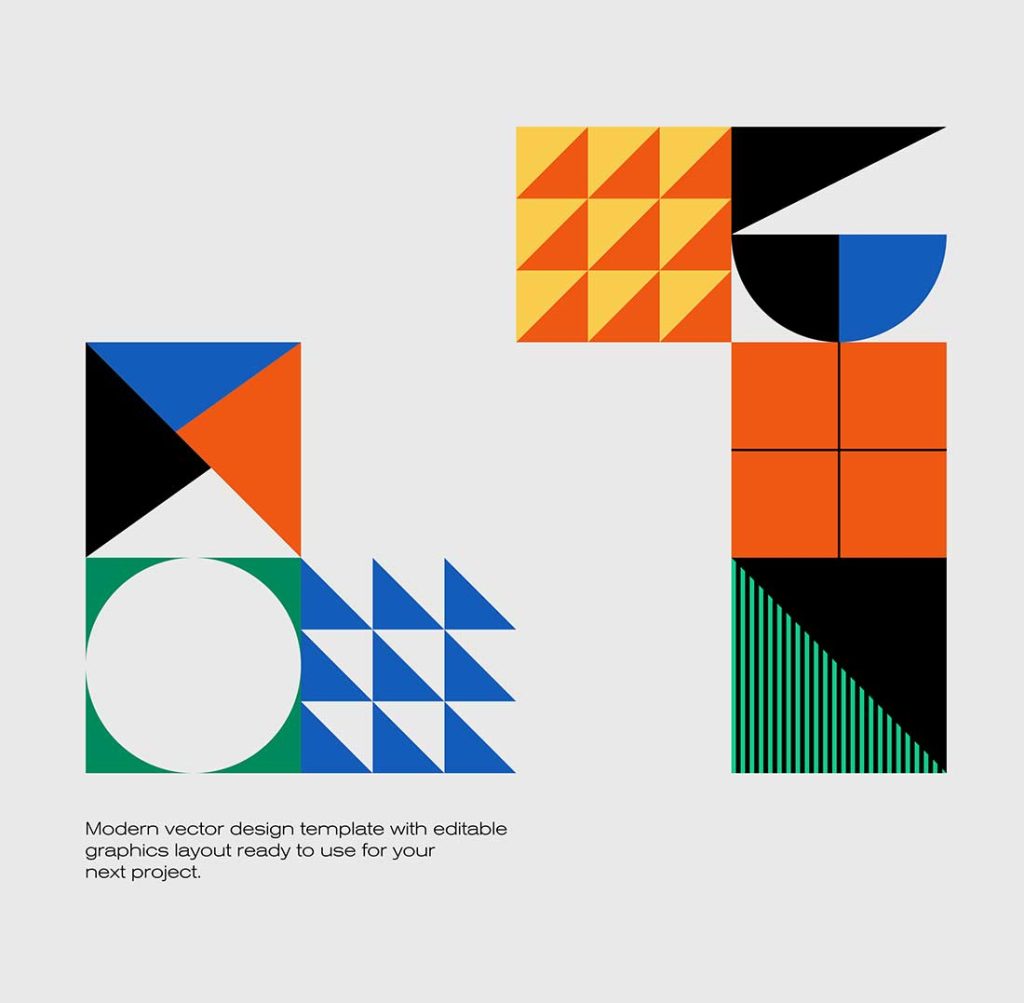
Creative photography, how to begin your journey editing photos well now
Who we are
Who we are


Our mission
and relevance, to foster independent and curious learners, critical and creative thinkers, and problem-solving young adults engaged in the world.

Η προσέγγισή μας
and ensure access to these programs to school-age learners regardless of their academic levels and economic means

Our work
, and facilitate their adaptation, implementation and deployment in accordance with Mathisi’s mission.

Our history
exploring today’s fast evolving and fascinating world. It has been supported by a growing group of outstanding professionals eager to contribute to promoting learning as a way of living and thriving.
Οι δράσεις μας
Οι δράσεις μας

Current school year (2020 / 2021) – pilot programs
Autonomous Racecar program
in collaboration with Beaver Works Summer Institute:
Current school year (2020/2021)
Autonomous Racecar program in collaboration with Beaver Works Summer Institute


Together with the American College of Greece – Pierce (“ACG – Pierce”) and the Moraitis School, Mathisi introduced the middle-school race car program miniRACECAR designed and offered by the Beaver Works Summer Institute from the Massachusetts Institute of Technology Lincoln Laboratory. The pilot program aims to help students develop their knowledge and skills in programming, robotics and technology, linking theory to practice. Students from Gymnasium and 1st Lyceum receive instructions in the following subjects:
Program
Programming (Python)
Computer Vision (OpenCV)
Robotics (Racecar)
This year, both ACG – Pierce and the Moraitis School will have the opportunity to have one team virtually participate in BWSI’s final project and competition week ending August 1, 2021. It will be the first time that Greek students will participate in that competition.
In the works: School year 2021/2022
We are now actively working in collaboration with BWSI and ACG – Pierce, to allow any school in Greece interested in doing so to participate in the miniRACECAR program with the potential to take part in BWSI’s final project and competition week in the summer of 2022. Student teams which will register for the miniRACECAR program, successfully complete it, and wish to aim for a participation in BWSI’s final competition week in 2022 will first participate in a national competition to be held in June, with the winning team representing Greece.
More information will be posted as soon as available.
In the press
Mathisi STEM Camp
@Moraitis School: An English-language day-camp developed in collaboration with the MIT Abdul Latif Jameel World Education Lab (J-WEL) and taught by MIT student educators and Greek teachers
Overview
The Mathisi STEM Camp took place in the summer 2019 and was hosted by the Moraitis School. During the camp, students were taught in “the MIT way”, with hands-on, immersive learning. They had the opportunity to advance their knowledge in the STEM areas of Science, Technology, Engineering, and Mathematics and then use this knowledge to develop solutions to real problems. Students worked together to design and build innovative projects that they then shared with their communities and families. Both MIT educators and Greek educators facilitated the camp, using resources and materials developed by MIT and adapted for the STEM Camp in Greece. Members of Mathisi Initiative received support from J-WEL to design the camp and select local educators, who assisted in the delivery of the program. The Camp ran for two weeks, in the English language, and was attended by 60 students from 20 different schools.
Program
The Camp’s first week was dedicated to learning a combination of the six science-based modules described in the boxes below and three skill-development activities (Scratch programming, electronics construction models and various tool training).
The Camp’s second week was dedicated to prototyping and building a project on the basis of the knowledge and skills acquired or developed the first week. The last day of the camp, the students presented their project to their peers and family.
Ανεμογεννήτριες και Design Thinking
This activity introduced students to the topic of harnessing the power of the wind for energy and investigates common problems associated with wind turbines, using basic concepts of physics and electrical engineering. In the module, students were acquainted to the methodology of Design Thinking, used the process to design a wind turbine around the needs of a community, and got to build a model in teams.
Internet of Things για υγιή φυτά
Students learned about plant processes and used sensors to measure and evaluate plant health and growth and get to use a block-based programing language to remotely monitor and optimize their condition, fostering their understanding of the capabilities of Internet of Things, plant health and different forms of energy.
Εξερευνώντας το υδατικό βιοσύστημα
Students learned foundational biology techniques to explore local Aquatic Microbiome in a hands-on, experimental, and creative manner. Through the use of microscopes, they identified different organisms present in the water and observe their development, investigating the connection between the organisms present in water and local ecology/life systems.
Υδροκίνηση: Ώθηση σκαφών με ηλεκτροεγκεφαλογράφημα
Students used concepts of engineering and programing to program and calibrate an EEG-driven system using special headsets. They attempted to drive and control the motion of Lego WeDo motor-driven devices in pools of water in response to changes in human emotional states.
Η τροφή ως καύσιμο
In this module, students got acquainted with concepts of chemistry and biology in order to explore the issue of food consumption in our everyday life. They investigated some essential questions about energy and food and experiment using calorie-measuring devices and physical activity.
Όξινση των Ωκεανών
The module focused on acidity and its effect on the ocean ecosystem, introducing the concept of acidity with solutions, ions, and concentrations. Students were given different household chemicals and drinks and were asked to make hypotheses as to the acidity of each solution before testing them and assess the consequences of the changing pH level on chemical and biological processes taking place in the ocean, such as carbon storage and calcification.
STEM Modules development
Educational focus
STEM Core,
Cross-disciplinary,
Project-Based,
Collaborative,
Linked to national curriculum,
Real world applications (within the framework of the UN Sustainable Development Goals)
Content design
![]() Each module follows a sequence of sessions which reflects the project-based and cross-disciplinary approach we have adopted throughout our work.
Each module follows a sequence of sessions which reflects the project-based and cross-disciplinary approach we have adopted throughout our work.
![]() Each session is comprised of a combination of i) “hard knowledge” corresponding to specific content of the national curriculum, ii) hands-on activities where that knowledge is used or experimented, and iii) an assessment tool for the student and teacher to assess whether the knowledge of that session has been understood in the manner that allows the student to use it going forward.
Each session is comprised of a combination of i) “hard knowledge” corresponding to specific content of the national curriculum, ii) hands-on activities where that knowledge is used or experimented, and iii) an assessment tool for the student and teacher to assess whether the knowledge of that session has been understood in the manner that allows the student to use it going forward.
Development
Beyond Mathisi’s prototyping, the modules development includes reviewing, teacher play-testing and in-class testing in collaboration with teachers and educators
Our collaborations
Our collaborations


MIT JWEL
MIT (the Massachusetts Institute of Technology) is a private university in the United States that is consistently ranked among the top universities in that country and, indeed, world-wide. The MIT Abdul Latif Jameel World Education Lab (J-WEL) works with member organizations to promote excellence and transformation. It engages educators, technologists, policymakers, societal leaders, employers, and employees through online and in-person collaborations, workshops, research, and information-sharing events. + link to their site
The, Beaver Works Summer Institute (“BWSI”) is part of Beaver Works, a joint venture between MIT Lincoln Laboratory and the MIT School of Engineering that is envisioned as an incubator for research and innovation. Beaver Works facilitates project-based learning, a hallmark of an MIT education, and leverages the expertise and enthusiasm of MIT faculty, students, researchers, and Lincoln Laboratory staff to broaden partnerships across both institutions.
BWSI offers rigorous, world-class STEM programs for middle and high school students from across the United States. An increasing number of these programs include a fully virtual online preparation, open to students internationally, which is attended by participating schools during the school year starting February 1.
BWSI started in 2016, with a RACECAR course, where teams of students programmed small robotic cars to autonomously navigate a racetrack. Every year, more project-based courses and more students are learning at BWSI. In 2019, BWSI created the miniRACECAR course, which was piloted for use with middle school students. In 2020 BWSI expanded again using a virtual program and now the miniRACECAR includes a simulation environment and additional lab modules. The BWSI program has expanded to more than ten courses and estimated three hundred students for summer 2021.
The goal of BWSI is to improve engineering education world-wide by providing unparalleled technical content and support for free to participating non-profit institutions, including high schools and universities.
The Moraitis School
The Moraitis School is a private educational organization since 1936 that accepts children from Nursery through to the completion of education in Senior High School and provides them with a friendly environment of acceptance and care, extending the feeling of family security to the classrooms. Combining its educational tradition with constantly searching for innovative systems, it offers a high level of education and training in Greek and IB Education. The goal of the Moraitis School is the development of responsible, morally whole and active young people, who will be prepared to live in a world of tomorrow, very different from that of their student years, both in the Greek and in the international environment.
ACG (The American College of Greece)
Offering high quality, personalized secondary (Gymnasium – Lyceum; International Baccalaureate Diploma Program) education, Pierce is one of three divisions of The American College of Greece (ACG), the oldest and largest American-based, comprehensive educational institution in Europe. Through Pierce, Deree (undergraduate and graduate education) and Alba (graduate business education), ACG serves over 5,000 students and has over 54,000 alumni worldwide.
Pierce traces its historical roots to 1875, and has evolved into a coeducational school of over 1,400, sharing a main campus with Deree in Aghia Paraskevi, an Athens suburb.
The mission of Pierce is to provide a holistic education to form intellectually independent, morally responsible, socially engaged global citizens. “Non ministrari sed ministrare” (“Not to be served but to serve”) defines its institutional character and its aspiration for its students.
One of the hallmarks of a Pierce education is the attention paid to the total personal development of students. The Pierce environment is sustained by caring educators, uncommonly skilled at detecting each student’s uniqueness, envisioning the possibilities of what she or he can become. In a word, Pierce encourages students to grow, not only in high school but throughout their lifetimes.


Επικοινωνήστε μαζί μας
Επικοινωνήστε μαζί μας

Σφάλμα: Η φόρμα επικοινωνίας δε βρέθηκε.
2 Comments
-
-
Vivien Odling
Facilisi cras fermentum odio eu feugiat. Purus in mollis nunc sed id semper. Volutpat ac tincidunt vitae semper. Id aliquet lectus proin nibh. Velit aliquet sagittis id consectet.
-
Αφήστε μια απάντηση Ακύρωση απάντησης
Για να σχολιάσετε πρέπει να συνδεθείτε.




Devonte Moran
Quam viverra orci sagittis eu. Auctor neque vitae tempus quam pellentesque nec nam aliquam sem. A cras semper auctor neque vitae tempus quam. Semper risus in hendrerit gravida rutru.